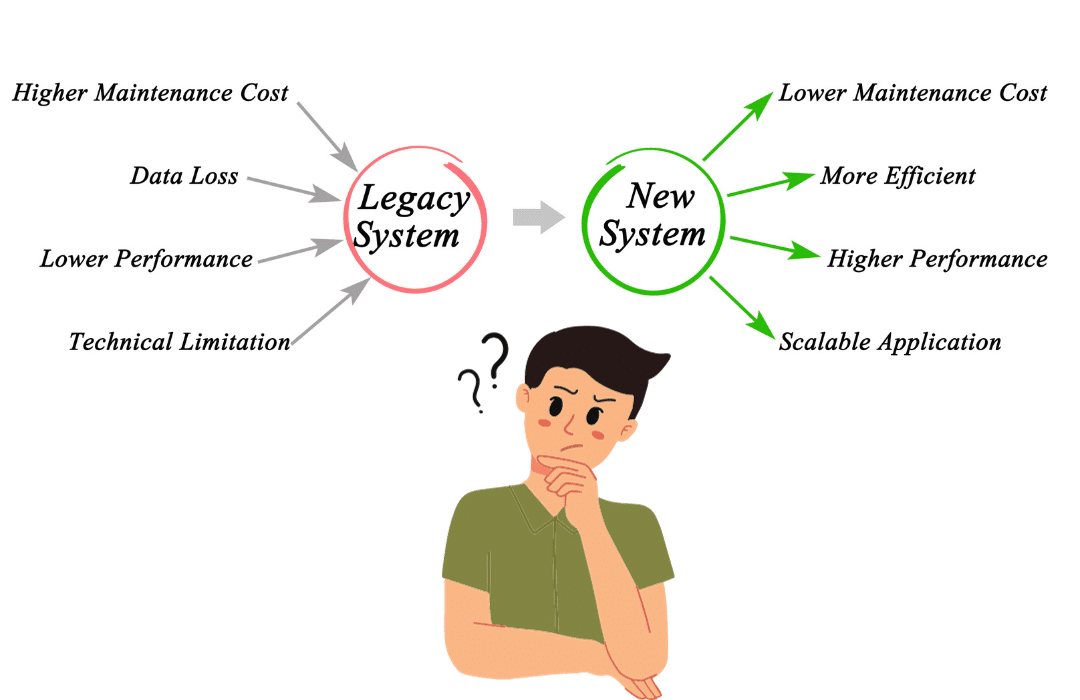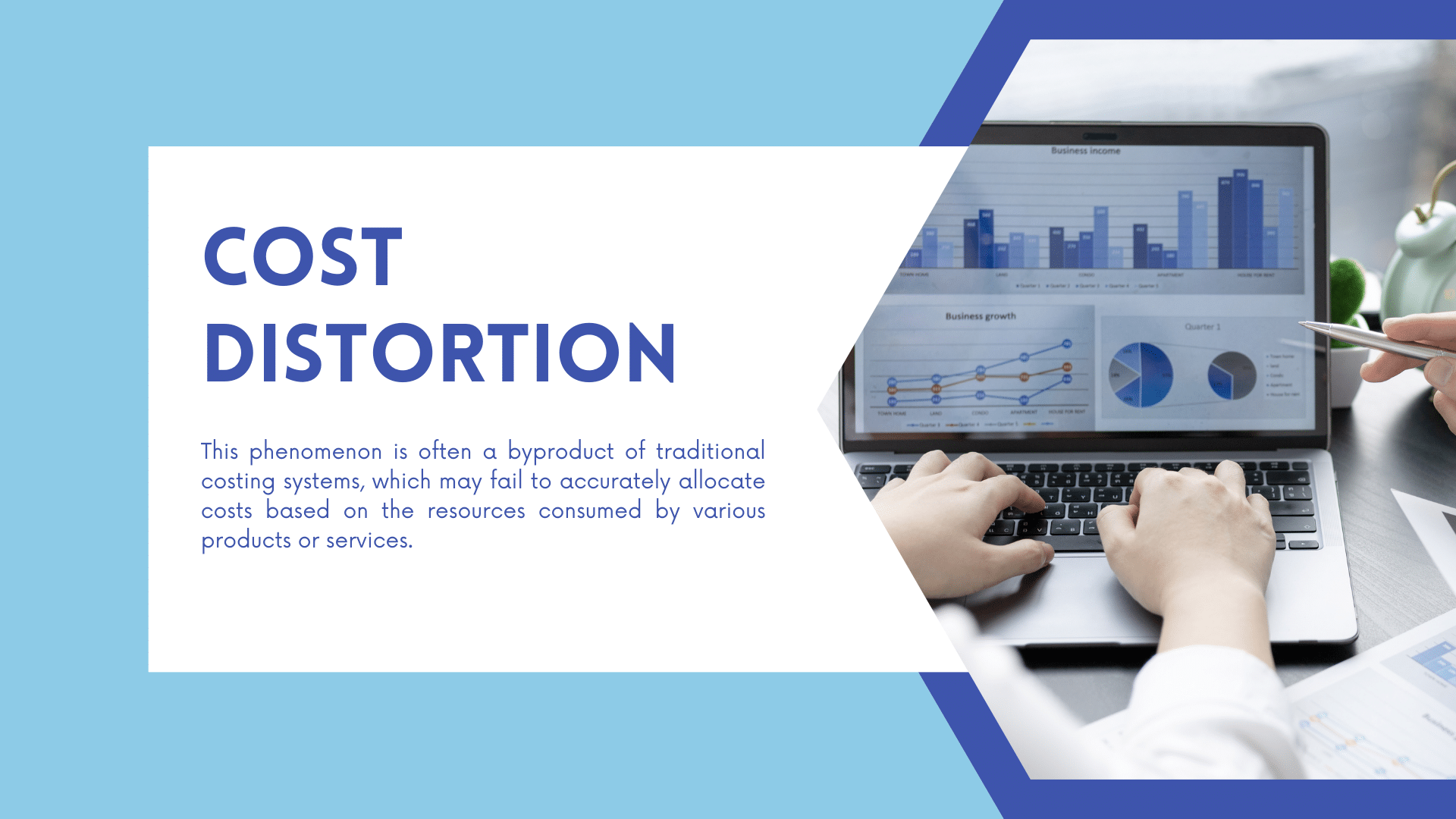The importance of sustainable business strategies or practices has become increasingly evident in recent years. Not only do these practices have significant environmental benefits, but they can also lead to improved community relations, enhanced brand reputation, and increased profitability over the long term.
But where do you start?
In this post, we’ll explore some critical sustainable business strategies and tips businesses of all sizes can implement to reduce their environmental impact and improve their bottom line.
From conducting an environmental audit to encouraging employee involvement, we’ll cover a range of tactics that can help you go green for gold.
Benefits of Sustainable Business Strategies
Environmental Benefits
Reducing your business’s environmental impact is one of the primary benefits of adopting sustainable business strategies. By implementing eco-friendly practices, businesses can help reduce their carbon footprint and conserve resources, which can help mitigate the impacts of climate change. This includes reducing greenhouse gas emissions, using renewable energy sources, and reducing waste.
To continue, businesses that adopt sustainable practices can significantly reduce their carbon footprint by implementing energy-efficient practices, using renewable energy sources, and reducing waste. These efforts can have a positive impact on the environment by reducing greenhouse gas emissions and slowing the effects of climate change.
Finally, Sustainable business strategies can also help conserve resources such as water and energy. By implementing sustainable practices, businesses can reduce their dependence on fossil fuels and other non-renewable resources, which can help ensure that these resources remain available for future generations.
Social Benefits
Sustainable business practices can also lead to social benefits, such as improved community relations and enhanced brand reputation. This can have a positive impact on customer loyalty and can attract new customers who are committed to sustainability.
Businesses that adopt sustainable practices can improve their relationships with the communities in which they operate. By reducing their environmental impact and promoting sustainable practices, businesses can demonstrate their commitment to the well-being of the community and can help build trust with local stakeholders.
Sustainable practices can also enhance a business’s brand reputation. Customers are increasingly interested in doing business with companies that prioritize sustainability, and businesses that adopt sustainable practices can differentiate themselves from their competitors and attract environmentally conscious consumers.
Economic Benefits
Sustainable business strategies can also have significant economic benefits, including cost savings and improved long-term profitability.
Implementing sustainable practices can result in significant cost savings for businesses.
By reducing energy consumption and waste, businesses can reduce their operating costs and improve their bottom line. This can include savings on energy bills, waste disposal costs, and raw materials.
Also, sustainable business strategies can improve a business’s long-term profitability.
By implementing sustainable practices, businesses can reduce their exposure to environmental risks, increase operational efficiency, and build a more sustainable business model. This can help ensure long-term success and profitability for the business.
Sustainable Business Strategies
To reap the benefits of sustainable business practices, it’s essential to implement a range of strategies that help reduce your business’s environmental impact. Here are some key strategies that businesses can adopt:
Conduct an Environmental Audit
To determine your business’s current environmental impact and identify areas for improvement, consider conducting an environmental audit.
This involves assessing your business’s current practices, identifying areas where you can reduce your environmental impact, and developing a plan for implementing sustainable practices.
- Assess Current Practices
Start by assessing your business’s current practices. This can include measuring your energy consumption, tracking waste and recycling practices, and assessing your supply chain. - Identify Areas for Improvement
Based on your assessment, identify areas where you can reduce your environmental impact. This may include reducing energy consumption, implementing waste reduction strategies, or sourcing more sustainable materials.
Implement Sustainable Supply Chain Management
Implementing sustainable supply chain management practices is another key strategy for reducing your business’s environmental impact.
This involves working with suppliers committed to sustainability and sourcing materials sustainably.
- Source Materials Sustainably
Look for ways to source materials sustainably. This may include using recycled materials or sourcing materials from suppliers that prioritize sustainability. - Work with Suppliers Committed to Sustainability
When selecting suppliers, look for those that are committed to sustainability. This can include suppliers that have implemented sustainable practices or have certifications that demonstrate their commitment to sustainability.
Reduce Energy Consumption
Reducing energy consumption is another critical strategy for adopting sustainable business practices. This can include implementing energy-efficient practices and using renewable energy sources.
- Switch to Renewable Energy Sources
Consider switching to renewable energy sources, such as solar or wind power. This can help reduce your business’s carbon footprint and reduce your dependence on non-renewable resources. - Implement Energy-Efficient Practices
Implementing energy-efficient practices, such as turning off lights and equipment when not in use, can also help reduce your energy consumption.
Reduce Waste
Reducing waste is another key strategy for adopting sustainable business practices.
This can include implementing recycling and composting programs and eliminating single-use products.
- Implement Recycling and Composting Programs
Implementing recycling and composting programs can help reduce your business’s waste and conserve resources. This can include recycling paper, plastic, and metal, as well as composting food waste. - Eliminate Single-Use Products
Eliminating single-use products, such as plastic straws and disposable cups, can also help reduce your business’s waste and environmental impact. Consider using reusable products instead. Right at the conception of a product, start to think about its second life. What materials should you use and how should you make your product so it can be reusable or recyclable?
Businesses should aim for a circular economy with the objective of maximizing reusable products, materials, etc. Read more about this subject here: Embracing Sustainability and Circular Economy in Industry 5.0
By implementing these sustainable business strategies, businesses can reduce their environmental impact and reap the benefits of sustainable practices.
Sustainable Business Tips
In addition to implementing sustainable business strategies, there is also a range of sustainable business tips that businesses can adopt to reduce their environmental impact and promote sustainability. Here are some key tips to consider:
A. Encourage Employee Involvement
Engaging employees in sustainability initiatives is an excellent way to promote sustainability and reduce your business’s environmental impact. Educating employees on sustainability and encouraging sustainability initiatives from employees can help create a culture of sustainability within the organization.
- Educate Employees on Sustainability: Start by educating employees on sustainability and the importance of reducing the business’s environmental impact. This can include providing training on sustainable practices and sharing information on the business’s sustainability goals.
- Encourage Sustainability Initiatives from Employees: Encouraging employees to take ownership of sustainability initiatives can help foster a culture of sustainability within the organization. This can include implementing a suggestion box for sustainability ideas or providing incentives for employees who implement sustainable practices.
B. Engage with the Community
Engaging with the community is another excellent way to promote sustainability and reduce your business’s environmental impact. Participating in local sustainability initiatives and collaborating with other businesses committed to sustainability can help demonstrate your commitment to the well-being of the community.
- Participate in Local Sustainability Initiatives: Participating in local sustainability initiatives, such as community clean-up events or tree-planting initiatives, can help demonstrate your business’s commitment to sustainability and reduce your environmental impact.
- Collaborate with Other Businesses Committed to Sustainability: Collaborating with other businesses committed to sustainability can also help promote sustainability and reduce your environmental impact. This can include partnering with other businesses to implement sustainable practices or sharing best practices with other businesses committed to sustainability.
C. Be Transparent About Sustainability Efforts
Transparency is critical when it comes to sustainability. Sharing sustainability progress with customers and reporting on sustainability efforts regularly can help build trust and demonstrate your business’s commitment to sustainability.
- Share Sustainability Progress with Customers: Sharing information on sustainability progress with customers can help build trust and demonstrate your business’s commitment to sustainability. This can include sharing information on sustainability initiatives in your marketing materials or on your website.
- Report on Sustainability Efforts Regularly: Reporting on sustainability efforts regularly can also help demonstrate your business’s commitment to sustainability and promote transparency. Consider publishing an annual sustainability report or sharing sustainability progress in your company newsletter.
Role of Industry 5.0 in Business Sustainable Strategies
Industry 5.0, also known as “Human-Centered Industry,” is the next evolution of the manufacturing industry. It combines the benefits of automation with the importance of human involvement, focusing on the integration of technology and sustainable practices. Industry 5.0 plays an essential role in business sustainable strategies by enabling companies to produce goods and services in a more sustainable and eco-friendly way.
Industry 5.0 emphasizes the importance of reducing waste and conserving resources by using more sustainable manufacturing processes. By integrating sustainable practices into the manufacturing process, businesses can reduce their environmental impact and promote sustainability. For example, Industry 5.0 emphasizes the use of renewable energy sources, such as solar or wind power, to power the manufacturing process. This can help reduce a business’s carbon footprint and promote sustainability.
Another key aspect of Industry 5.0 is the use of technology to enhance sustainability. For example, smart manufacturing technologies can help businesses reduce waste and increase efficiency by optimizing production processes. This can help reduce the use of resources and promote sustainability.
In addition to the environmental benefits, Industry 5.0 can also lead to social and economic benefits. By emphasizing human involvement in the manufacturing process, Industry 5.0 can create new jobs and opportunities for workers. Additionally, Industry 5.0 can help businesses enhance their brand reputation and attract environmentally conscious consumers.
In summary, Industry 5.0 plays a critical role in business sustainable strategies by enabling companies to produce goods and services in a more sustainable and eco-friendly way. By integrating sustainable practices into the manufacturing process and using technology to enhance sustainability, businesses can reduce their environmental impact, promote sustainability, and reap the benefits of sustainable practices.
For more information about this new industrial revolution, here are some other articles: Embracing Sustainability and Circular Economy in Industry 5.0 and Industry 5.0: Human-Centered Automation
Conclusion
In conclusion, sustainable business strategies are essential for businesses looking to thrive in a changing world.
From reducing carbon footprints to enhancing brand reputation, sustainable practices have a range of benefits that can help businesses succeed over the long term.
By adopting sustainable business strategies and tips, businesses can reduce their environmental impact and promote sustainability while reaping the economic and social benefits of sustainable practices.
With the integration of Industry 5.0, the future of sustainable business practices is looking brighter than ever.
So let’s all work together to go green for gold, and build a sustainable future for generations to come!
Reference
- Samir Abdulnour, Ing., M.Sc.A – Author
- This article was written with the help of an AI language model, ChatGPT. Although the template generated the initial content, it was extensively reviewed, edited, and checked by the author to ensure accuracy and compliance with Google guidelines. The author takes full responsibility for the final product.








